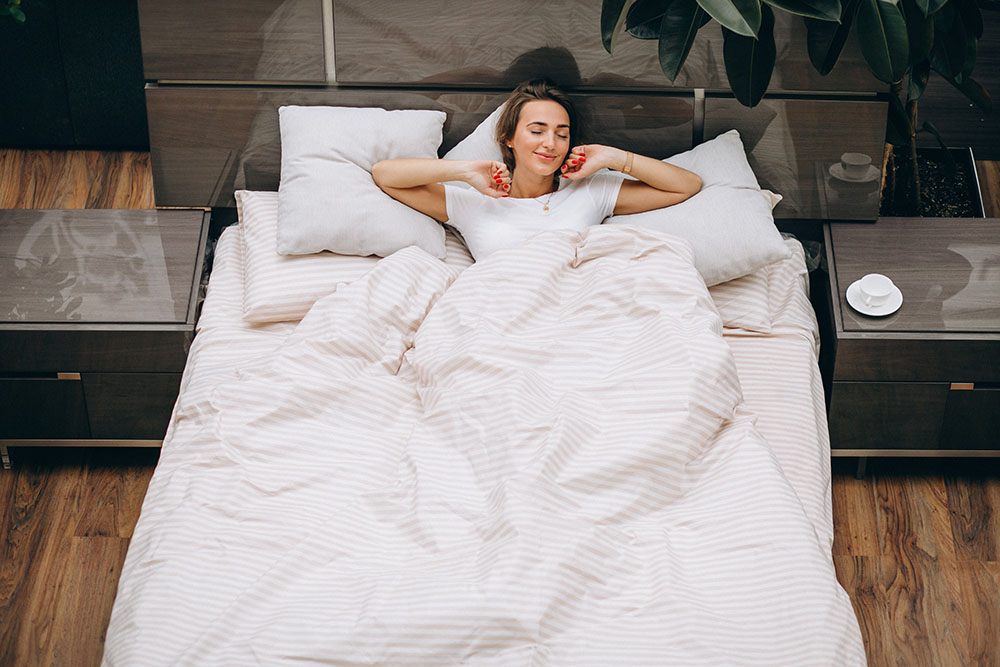Living on a fixed income can be challenging, especially during retirement. With rising costs of living and limited resources, many seniors find themselves facing financial difficulties. However, there is a group of savvy seniors who are not only managing to live comfortably on a fixed income but also doing so in style. So, how are they making their money work? In this article, we will explore some smart strategies and lifestyle choices that can help seniors live in style and comfort without breaking the bank.
Embracing Minimalism and Downsizing
One of the key secrets to living in style on a fixed income is embracing minimalism and downsizing. Seniors who have transitioned to smaller, more affordable homes have found that reducing their living expenses significantly increases their financial freedom. By downsizing, they are not only able to save on mortgage or rent payments but also on utility bills and home maintenance costs. Additionally, decluttering and simplifying their living spaces give them a sense of peace and liberation, allowing them to focus on the things that truly matter.
Smart Budgeting and Frugal Living
Another crucial aspect of living in style and comfort on a fixed income is smart budgeting and adopting frugal living habits. Savvy seniors carefully track their expenses, plan their purchases, and always look for the best deals. They maximize their savings by utilizing coupons, shopping during sales, and taking advantage of senior discounts. Moreover, they prioritize needs over wants and focus on experiences rather than material possessions. By being mindful of their spending, seniors can stretch their fixed income further while still enjoying a fulfilling and comfortable lifestyle.
Investing in Health and Wellness
Living in style and comfort isn’t just about material possessions; it’s also about investing in one’s health and well-being. Seniors who prioritize their physical and mental health have found that it not only enhances their quality of life but also saves them money in the long run. By adopting a healthy lifestyle through regular exercise, nutritious eating, and proactive healthcare, they reduce medical expenses and prevent costly health issues. Moreover, investing in activities that promote mental well-being, such as hobbies and socializing, not only enriches their lives but also helps them avoid the temptation of indulging in expensive habits or unnecessary purchases.
Exploring Cost-Effective Entertainment and Travel Options
Living in style on a fixed income doesn’t mean giving up on entertainment or travel. Savvy seniors have discovered that there are plenty of cost-effective options available to satisfy their desire for adventure and leisure. They search for free community events, visit museums and galleries on discounted days, or take advantage of senior rates for theater performances and movie tickets. When it comes to travel, they explore off-season destinations or opt for less-expensive modes of transportation, such as trains or buses. By being resourceful and open-minded, they continue to indulge in enjoyable experiences without straining their finances.
Finding Creative Ways to Supplement Income
While living on a fixed income may seem restrictive, savvy seniors are always open to finding creative ways to supplement their earnings. Some take on part-time jobs or turn their passions and hobbies into small businesses. Others explore opportunities for renting out a room in their home or becoming a pet sitter. Moreover, with the advancement of technology, many seniors are tapping into the digital world and engaging in online freelancing or starting a blog. By generating additional income streams, they not only enhance their financial situation but also add purpose and fulfillment to their retirement years.
Conclusion
Living in style and comfort on a fixed income is not an impossible feat. By embracing minimalism, budgeting wisely, prioritizing health and wellness, seeking cost-effective entertainment and travel options, and finding creative ways to supplement income, savvy seniors are redefining retirement living. It all comes down to making conscious choices and aligning lifestyle aspirations with financial realities. So, whether you are a senior planning for the future or someone who wants to gain inspiration from those who have mastered the art of living on a fixed income, these strategies can help you achieve a comfortable and stylish retirement.











